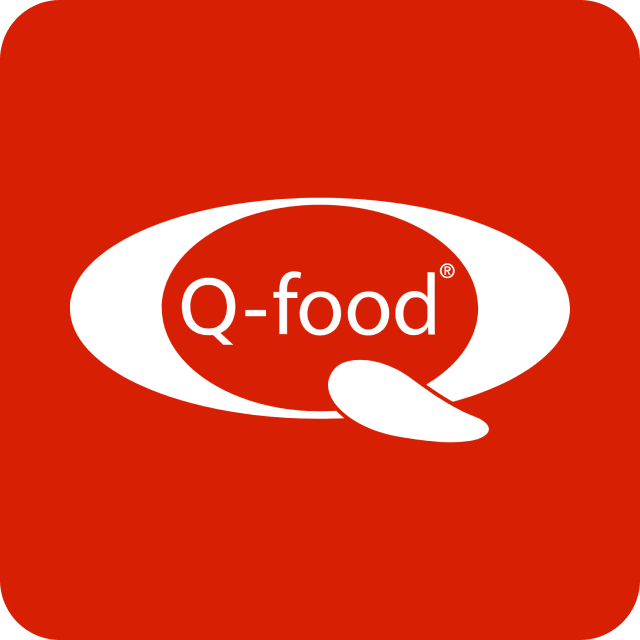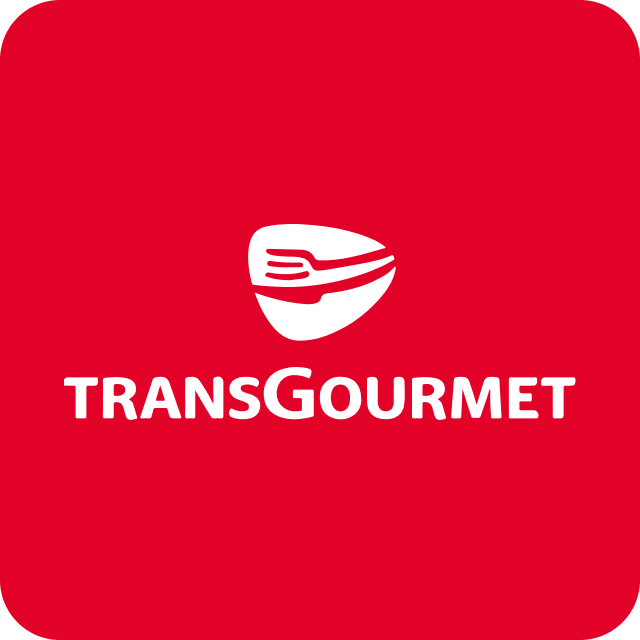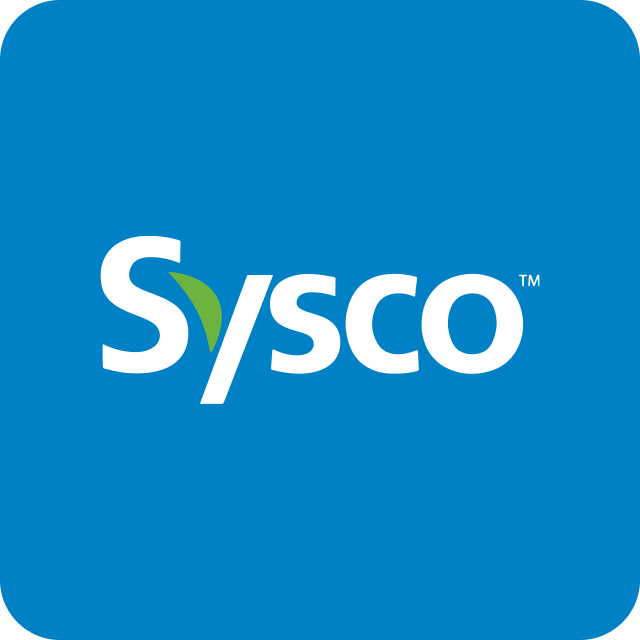Connect your enterprise systems to Apicbase.
Your POS data automates inventory management. It fuels sales analytics and optimises product development. Apicbase populates your POS with updated product info.




COMING SOON
Please let us know which POS you are working with so we can integrate it soon.
Purchases are made instantly in the ordering system of your vendor. No emails, phone calls, or outdated pricing. Procurement is direct and real-time.





















Please let us know which Supplier you are working with so we can integrate it soon.
Create detailed dietary labels using official databases.

New
Please let us know which Allergen & Nutri Partner you are working with so we can integrate it soon.
Fetch staffing data and labour costs from your planning software and get a clean overview of prime costs and production expenses in the back of house.

New
Please let us know which Personnel Planner you are working with so we can integrate it soon.
BI tools gather data from your POS, Labour and Inventory tools to show dedicated and user role specific dashboards. These dashboards can be used for analytic purposes or forecasting.
Please let us know which Business Partner you are working with so we can integrate it soon.
Apicbase NV – 2025. All Rights reserved
Apicbase is the most complete F&B management platform for multi-unit restaurants, hotels, ghost kitchens.